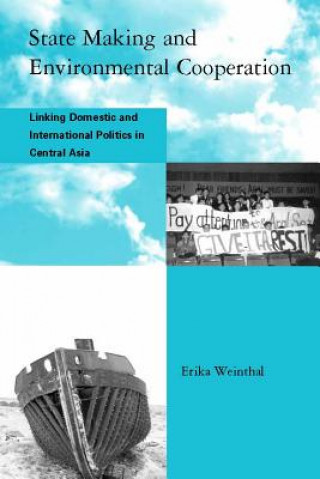
Code: 04562969
State Making and Environmental Cooperation
by Erika Weinthal
The Amu Darya and Syr Darya rivers of Central Asia flow across deserts to empty into the Aral Sea. Under Soviet rule, so much water was diverted from the rivers for agricultural purposes that salinity levels rapidly rose and the s ... more
- Language:
 English
English - Binding: Paperback
- Number of pages: 288
Publisher: MIT Press Ltd, 2002
- More about this

9.71 €
RRP: 11.72 €
You save 2.02 €
Availability:
50/50 We think title might be available. Upon your order we will do our best to get it within 6 weeks.
We think title might be available. Upon your order we will do our best to get it within 6 weeks.We search the world
You might also like
-

Sometimes I Think, Sometimes I Am
38.24 € -4 % -

Economists' Mathematical Manual
51.34 € -

Merry Christmas to All!
43.15 € -

Global Competition
136.33 € -

Communicating Health Risks to the Public
199.95 € -

Integrative Family Therapy
21.67 € -

Jazz Poetry Anthology
32.21 €
Give this book as a present today
- Order book and choose Gift Order.
- We will send you book gift voucher at once. You can give it out to anyone.
- Book will be send to donee, nothing more to care about.
Availability alert
Enter your e-mail address and once book will be available,
we will send you a message. It's that simple.
More about State Making and Environmental Cooperation
You get 24 loyalty points
 Book synopsis
Book synopsis
The Amu Darya and Syr Darya rivers of Central Asia flow across deserts to empty into the Aral Sea. Under Soviet rule, so much water was diverted from the rivers for agricultural purposes that salinity levels rapidly rose and the sea shrank. There was an upsurge in dust storms containing toxic salt residue, and a new desert began to replace the sea. At the same time, agricultural runoff rendered the drinking water unfit for human consumption.In this book Erika Weinthal examines how the Central Asian states of Kazakhstan, Kyrgyzstan, Tajikistan, Turkmenistan, and Uzbekistan have tackled the Aral Sea Basin crisis since the 1991 collapse of the Soviet Union. The Amu Darya now flows through three new nation-states, and the Syr Darya through four. This shakeup of political borders created a collective-action problem for the successor states. While they needed to consolidate domestic sovereignty, they also needed to relinquish sovereignty over their water resources in order to develop a joint solution to the desiccation of the Aral Sea. Weinthal examines why they were able to cooperate over their shared water resources. She emphasizes the roles of nonstate actors (international organizations, nongovernmental organizations, and bilateral aid organizations) in the building of institutions for regional cooperation and for state formation, shows how cooperation was nested within the state-building process when international third-party actors were involved, and highlights the dispensing of side payments (financial and material resources) by nonstate actors to aid both regional cooperation and state formation.
 Book details
Book details
Book category Books in English Society & social sciences Politics & government Central government
9.71 €
- Full title: State Making and Environmental Cooperation
- Subtitle: Linking Domestic and International Politics in Central Asia
- Author: Erika Weinthal
- Language:
 English
English - Binding: Paperback
- Number of pages: 288
- EAN: 9780262731461
- ISBN: 0262731460
- ID: 04562969
- Publisher: MIT Press Ltd
- Weight: 472 g
- Dimensions: 229 × 152 × 19 mm
- Date of publishing: 18. January 2002
Trending among others
-

Weapons of Math Destruction
12.47 € -16 % -
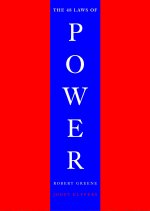
Laws of Power
30.88 € -25 % -
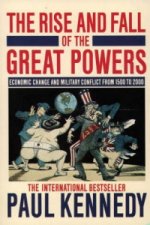
Rise and Fall of the Great Powers
17.99 € -26 % -

Vision of the Anointed
16.15 € -24 % -

Capital in the Twenty-First Century
39.37 € -4 % -
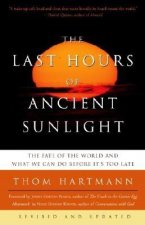
Last Hours of Ancient Sunlight: Revised and Updated Third Edition
16.05 € -17 % -

The Quest for Cosmic Justice
13.49 € -30 % -
![What Has the Government Done to Our Money? [Reprint of First Edition] What Has the Government Done to Our Money? [Reprint of First Edition]](https://media.libris.to/jacket/08800577t.jpg)
What Has the Government Done to Our Money? [Reprint of First Edition]
6.64 € -7 % -

Soul at Work
16.05 € -17 % -

Kissinger
20.04 € -26 % -

New Tsar
11.65 € -19 % -

Countdown
32.52 € -

Blowback
16.76 € -

What's Wrong with Protectionism
34.77 € -

Regulating Cannabis
9.50 € -28 % -

Wealth, Poverty and Politics
33.03 € -20 % -
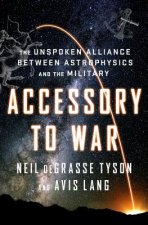
Accessory to War
26.89 € -14 % -
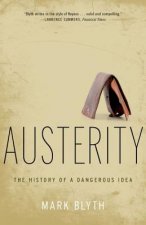
Austerity
14.31 € -18 % -

Five Stages of Collapse
19.63 € -25 % -

How Much is Enough?
12.26 € -23 % -

Public Opinion by Walter Lippmann
14.11 € -
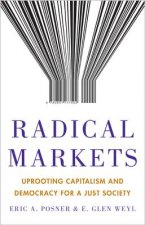
Radical Markets
34.46 € -

Creating Public Value
51.44 € -1 % -

Chasing the Scream
14.62 € -24 % -

Breaking the Vicious Circle
43.15 € -

Cortical Visual Impairment - Approach to Assessment
87.14 € -6 % -
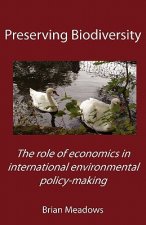
Preserving Biodiversity
9.60 € -

In Defense of Degrowth
25.66 € -

Oxford Handbook of the Welfare State
41.82 € -9 % -

Columbine High School Massacre
29.86 € -

Barack Obama Speeches
19.42 € -26 % -
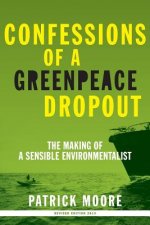
Confessions of a Greenpeace Dropout
45.10 € -

Production of Money
10.83 € -20 % -

American Age
69.13 € -5 % -

American Power And The New Mandarins
25.05 € -

Obama and the Middle East
17.28 € -18 % -

Millipedes and Moon Tigers
32.31 € -
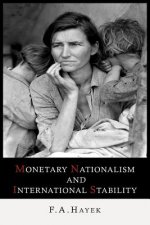
Monetary Nationalism and International Stability
13.49 € -

Is Democracy Failing?
16.05 € -21 % -
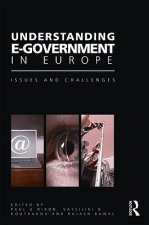
Understanding E-Government in Europe
72.20 € -

Fairness versus Welfare
65.25 € -
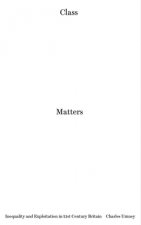
Class Matters
28.63 € -
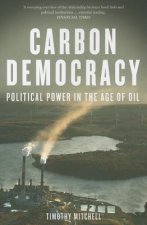
Carbon Democracy
16.05 € -24 % -

Map and the Territory 2.0
15.43 € -17 % -

Watchdog Still Barks
30.88 € -

Foreign Policy Begins at Home
21.26 € -

Environmental Policy
64.84 € -

Stop! Armed Police!
32.11 € -9 % -
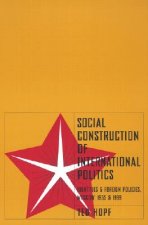
Social Construction of International Politics
44.48 €
Collection points Bratislava a 2642 dalších
Copyright ©2008-24 najlacnejsie-knihy.sk All rights reservedPrivacyCookies


 15549 collection points
15549 collection points Delivery 2.99 €
Delivery 2.99 € 02/210 210 99 (8-15.30h)
02/210 210 99 (8-15.30h)